Bronze has been used as a symbol of strength, power, and achievement. The metal is often associated with power and success, making it a popular choice for awards and trophies.
Bronze can also represent courage and bravery, making it a popular choice for military medals. In addition to its symbolic meaning, bronze is also prized for its durability and resistance to corrosion.
As a result, bronze is often used in outdoor sculptures and public monuments.
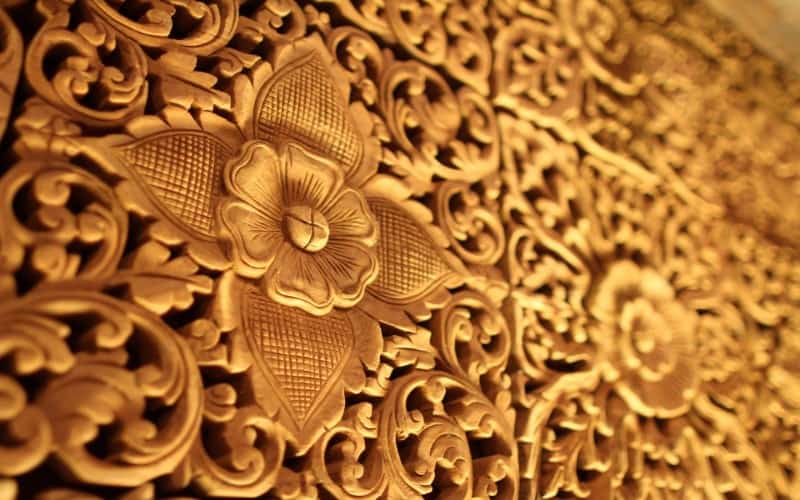
Quick Overview: Bronze Symbolism
- Strength
- Support
- Stability
- Longevity
- Resilience
- Determination
- Flexibility
- Resourcefulness
- Creativity
9 Bronze Symbolisms
1. Strength
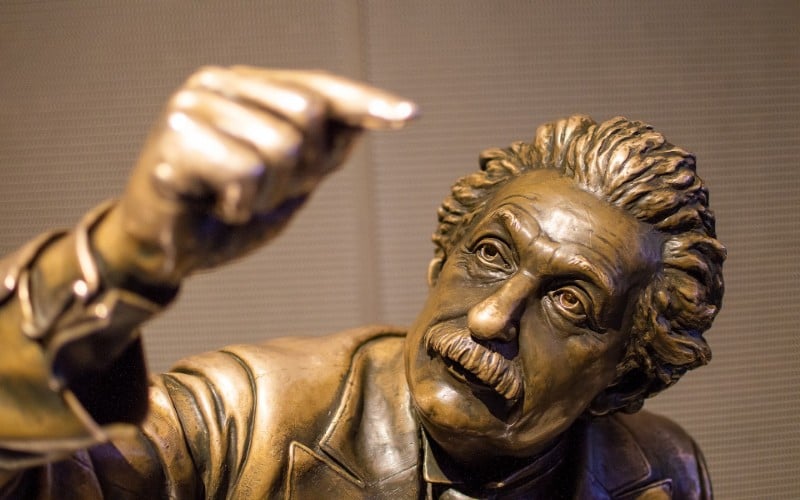
In many cultures, bronze is seen as a symbol of strength and power.
For example, in ancient Greece, bronze was often used to make armor and shields for soldiers. In Chinese culture, bronze is associated with the sun and is believed to have protective powers.
Read More: Black Balloon Symbolism
As a result, Bronze is often used in temples and shrines. Whether it is being used to create awe-inspiring works of art or to protect important buildings, bronze continues to be a powerful symbol of strength.
2. Support
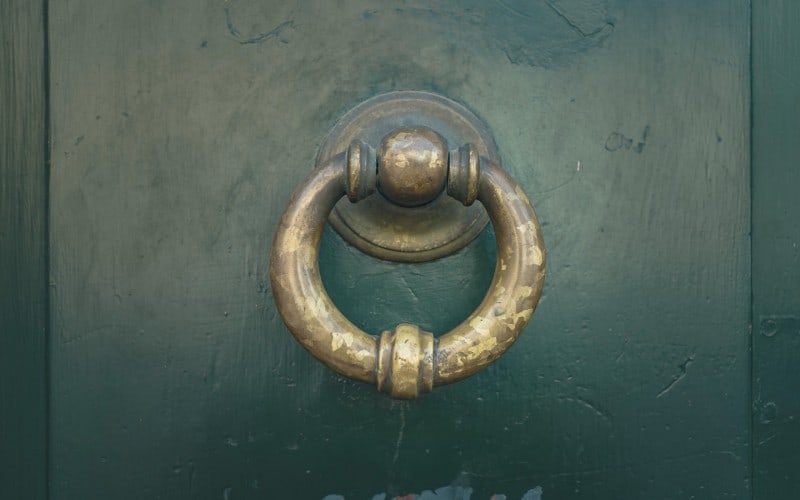
The color bronze is often associated with support, strength, and stability.
This is likely because bronze is a strong metal that is often used to create objects that are meant to last, such as sculptures and coins. In addition, bronze is often used in architectural applications for its ability to resist corrosion.
The color bronze can also symbolize other concepts, such as wisdom, courage, and patience. When someone is said to have a “heart of gold,” it usually means that they are kind and supportive.
Similarly, a “bronze medal” is awarded to the third-place finisher in a competition, signifying that they did not win but still did quite well. In short, the color bronze represents many positive qualities that we admire in others.
3. Stability
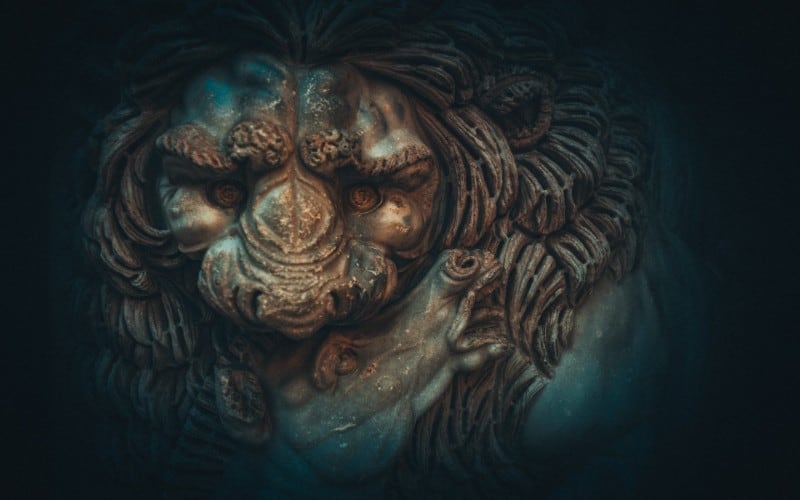
The color bronze is often associated with stability and strength.
This makes sense given the properties of the metal itself. Bronze is an alloy of copper and tin, two metals that are known for their durability.
When combined, these materials create a metal that is both strong and resistant to corrosion. As a result, bronze is often seen as a symbol of permanence and endurance.
In a world that is constantly changing, it is no wonder that people are drawn to the stability that bronze represents.
4. Longevity
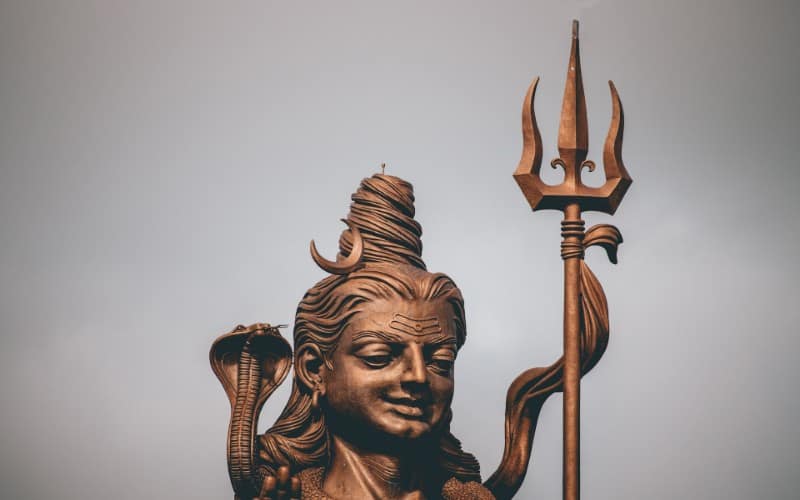
Today, one of the most common associations with bronze is longevity.
This is because bronze is an extremely durable metal that can withstand a great deal of wear and tear. Unlike other metals, it will not corrode or tarnish over time.
In addition, bronze is also non-toxic and hypoallergenic, making it safe for use in a wide variety of products.
From jewelry to statuary, bronze continues to be used in a variety of ways due to its unique properties. As a result, its longevity has helped to make it a symbol of enduring strength and beauty.
5. Resilience
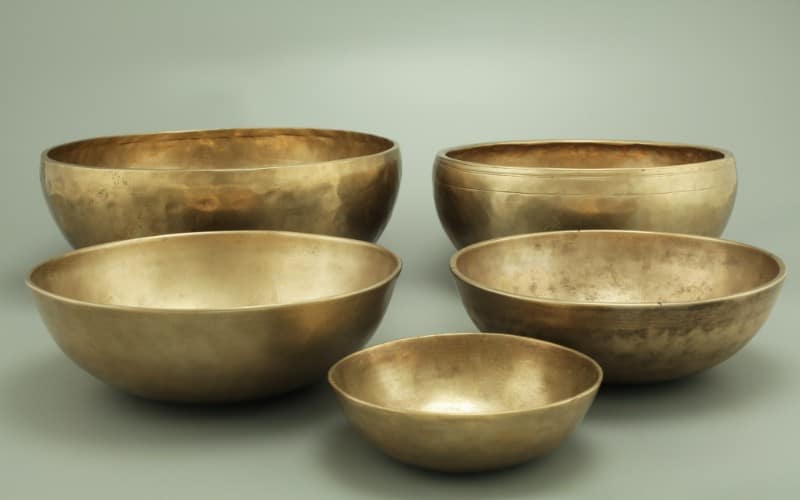
Bronze is a metal that is strong and resistant to corrosion. It is also a metal that can be easily shaped and molded.
For these reasons, bronze has come to symbolize strength, resilience, and adaptability. Bronze is often used to make statues and sculptures because it can withstand the elements and keep its shape over time.
In addition, bronze is often used in medals and coins because it represents strength and durability. The properties of bronze make it an ideal symbol of Resilience.
6. Determination
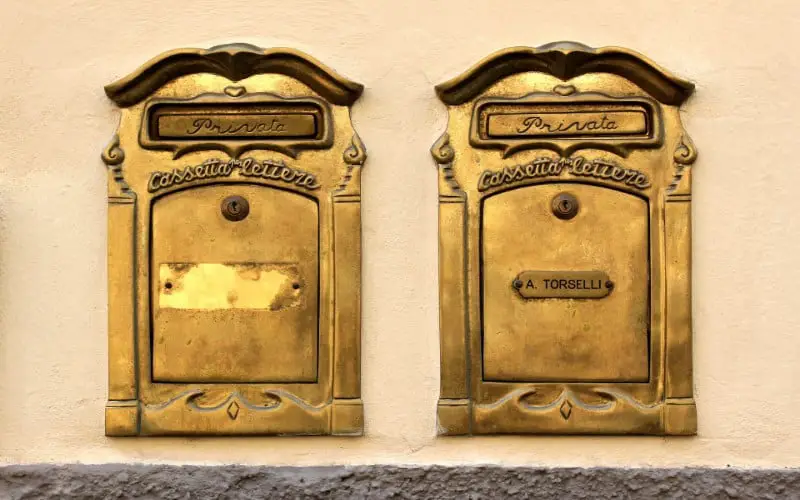
Symbolically, bronze represents determination and strength.
It is often associated with power and success. For example, a person who overcomes difficult odds is said to have earned a “bronze medal.” In this context, bronze symbolizes the hard work and perseverance required to achieve greatness.
In ancient times, bronze was also associated with the sun, due to its shining color. This connection made bronze a symbol of life and energy. Today, bronze continues to be widely used in statues and other works of art. It is also a popular material for jewelry and other decorative items.
Thanks to its versatility and rich symbolism, bronze remains an enduring symbol of determination.
7. Flexibility
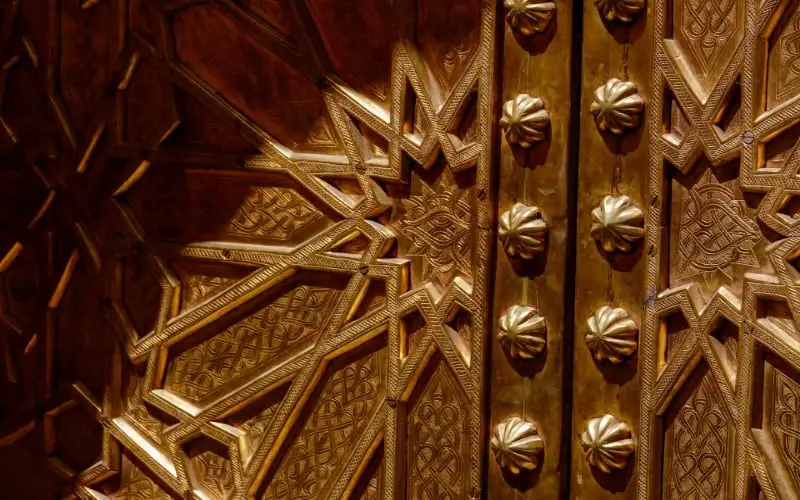
Out of all the metals, bronze is perhaps the most versatile.
It can be used to create sculptures, tools, and jewelry, and it has been used by cultures around the world for thousands of years. But why is bronze considered to be a symbol of flexibility?
One reason is that bronze is an alloy, which means that it is made by combining two or more different metals. This gives bronze a unique strength and durability that other metals cannot match.
Bronze is also known for its ability to resist corrosion, which makes it an ideal material for outdoor use. And because bronze is relatively easy to shape and mold, it can be used to create a wide variety of objects. In short, bronze symbolizes flexibility because it can be adapted to a number of different uses.
8. Resourcefulness
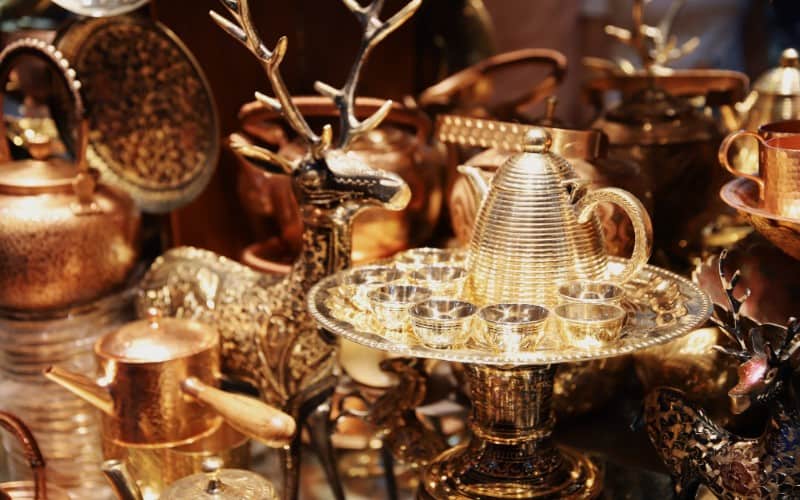
Because of its many useful properties, bronze has come to symbolize resourcefulness.
It is a metal that can be shaped and adapted to meet a wide variety of needs, and it has a long history of being put to good use by human beings.
As a result, bronze is an apt symbol for those who are resourceful and adaptable.
9. Creativity
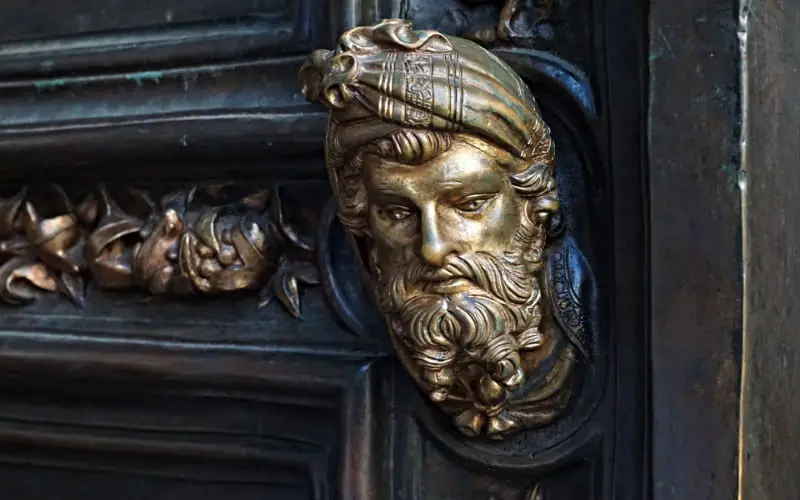
In many cultures, bronze is seen as a material that embodies strength and power. It is also associated with creativity and artistry.
For example, in Ancient Greece, bronze was often used to create statues of gods and heroes. These statues were not only aesthetically pleasing but also conveyed the greatness of the person they depicted.
Today, bronze continues to be seen as a symbol of creativity and is often used in public artworks such as fountains and sculptures.
Thanks to its rich history and meaning, bronze is a material that is sure to continue to be revered by people all over the world.
Spiritual Meaning of Bronze
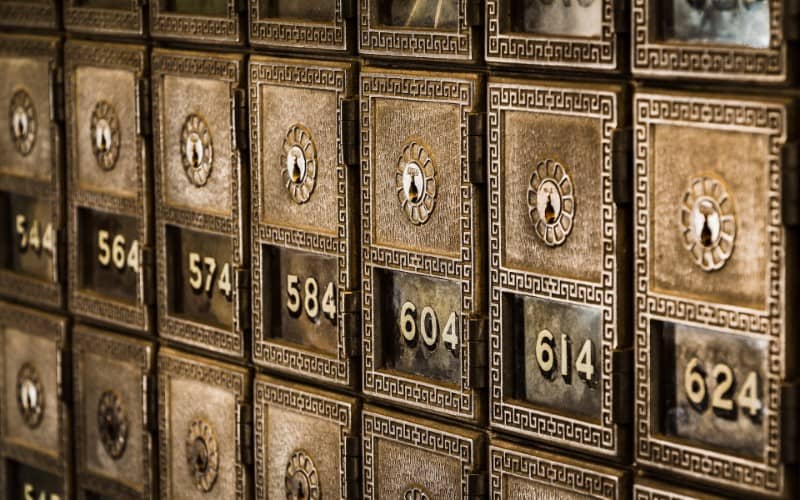
For many cultures, bronze has a deep spiritual meaning. This tough, durable metal is often used to create religious artifacts and iconography. In ancient times, it was used to craft tools and weapons, as well as jewelry and other adornments.
For many people, the warm color of bronze symbolizes the sun and the energy of life. It is also often associated with strength and power. In some cultures, bronze is believed to have protective powers.
It is sometimes used in amulets and talismans, or placed in tombs and shrines to help ward off evil spirits. For many people, bronze represents a connection to the natural world and the cycle of life.
Bronze Dream Meaning and Symbolism
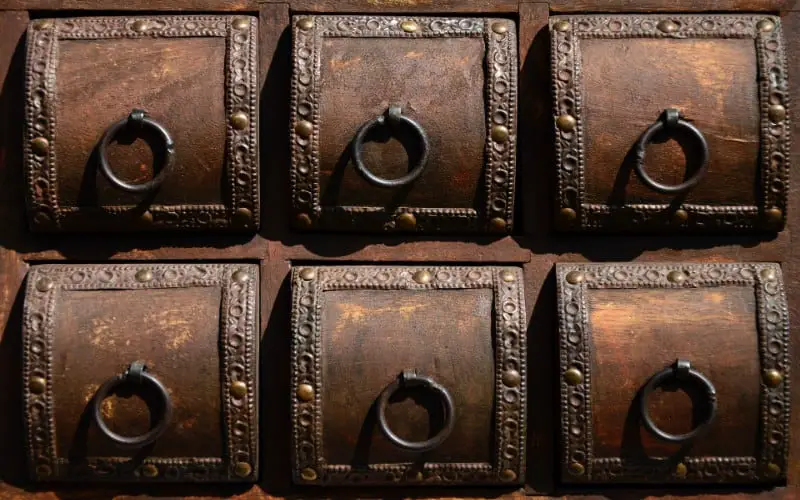
Dreams about bronze typically are symbolic of strength, durability, and power. This metal is often associated with impressive feats and accomplishments.
In many cultures, it is also a sign of wealth and prosperity. Given its abundant positive connotations, dreaming of bronze generally is interpreted as a favorable omen. If the bronze in your dream is shaped into a statue or figure, it may represent an idealized version of yourself that you are striving to live up to.
Alternatively, the statue could be representative of someone you look up to or admire greatly. If the bronze is shining and lustrous, it is indicative of high self-esteem and confidence.
If the bronze appears dull or rusty, however, it suggests feelings of insecurity or inferiority. In either case, learning to accept yourself as you are is likely the best way to move forward from this dream.
Conclusion
Bronze is a metal with a rich history and deep meaning. It is associated with strength, power, and resourcefulness. For many cultures, it also has spiritual significance. Dreaming of bronze generally is interpreted as a favorable omen.
